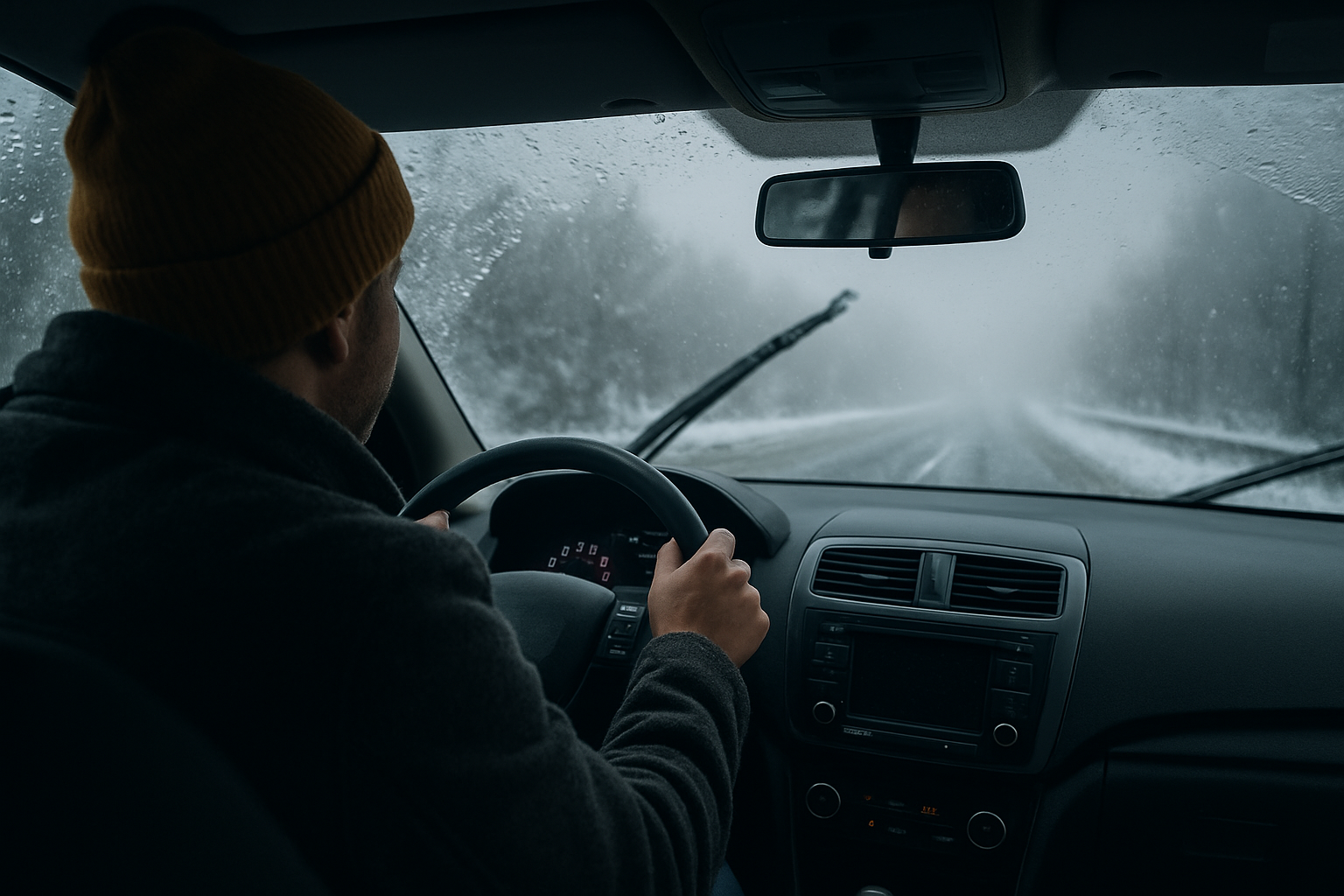Moving to Turkey brings many freedoms and new routines. Expat life demands fast adaptation: new paperwork, unfamiliar roads, and variable weather across regions. Driving safely saves time, money, and stress. This guide gives seasonal driving tips focused on Turkey’s weather patterns and common road scenarios. Use these practical steps to stay confident behind the wheel and protect your family and vehicle.
Know Turkey’s weather zones and plan routes
Turkey spans coastlines, mountains, and plains. Weather shifts quickly between Anatolia, the Black Sea, and the Mediterranean coast. Recognize the region where you live and travel.
Check local forecasts before long trips. A route that stays dry along the Aegean may meet snow in the interior highlands.
Plan for realistic travel times. Heavy rain, snow, or holiday traffic can double your journey duration. When you plan, you avoid unnecessary stress and reduce accident risk.
Practical example: If you drive from Istanbul to Ankara in winter, monitor forecasts for Ankara and high passes along the route. Leave earlier, choose a main highway, and avoid night driving in severe conditions.
Winter driving: manage snow, ice, and cold starts
Winter presents the biggest risk for expats who lack mountain driving experience. Expect snow and ice in the interior and northeast from November through March. Coastal cities can also get wet and slippery.
Follow simple vehicle habits to reduce risk and maintain mobility.
- Fit appropriate tires and check tread depth regularly.
- Carry snow chains and know how to install them quickly.
- Keep a small shovel and traction mats in your trunk.
- Top up antifreeze and use winter-grade wiper fluid.
Benefit: A prepared car reduces the chance of getting stuck and keeps you on schedule for work and appointments.
Practical example: Use a lower gear on long descents in the mountains to avoid brake fade. If you encounter compacted snow, maintain a steady speed and avoid sudden steering inputs.
Spring and autumn: handle rain, mud, and fog
Spring and autumn bring heavy rains and fog, especially along the Black Sea and Marmara regions. These seasons often create slick roads, poor visibility, and sudden temperature swings.
Adjust driving style when conditions change.
- Reduce speed and increase following distance by at least double.
- Use low-beam headlights in rain and fog; switch on fog lights when allowed and helpful.
- Avoid standing water to reduce hydroplaning risk.
- Replace wiper blades as soon as visibility drops.
Benefit: Slowing down and improving visibility lowers accident risk and reduces repair costs from collisions.
Practical example: On a foggy coastal morning near Trabzon, use town GPS guidance, follow local traffic flow, and avoid overtaking on narrow roads until visibility improves.
Summer driving: prevent overheating and manage holiday traffic
Summer brings hot temperatures, long daylight hours, and heavy holiday traffic along the Mediterranean and Aegean coasts. Drivers face overheating engines and congested, tourist-filled roads.
Keep your car cool and avoid intense traffic stress.
- Check coolant level and radiator hoses before long trips.
- Inspect tire pressure frequently; heat increases tire pressure and risk of blowouts.
- Plan trips outside peak hours and use shaded parking where possible.
- Carry water for passengers and a refillable bottle for emergencies.
Benefit: Proactive maintenance prevents roadside breakdowns and keeps family plans on track during holiday season.
Practical example: When driving the coastal D400 during August, avoid the mid-afternoon peak. Leave early or drive after 7pm to skip the heaviest traffic and benefit from cooler temperatures.
Vehicle preparation, emergency kit, and local rules
Prepare your car and yourself before each season. Good preparation shortens response time during an emergency. It also helps you meet local legal requirements and insurance conditions.
Assemble a compact, easy-to-access emergency kit and maintain a seasonal checklist.
- Emergency kit essentials:
- Reflective vest and warning triangle
- Basic first-aid kit
- Flashlight with spare batteries
- Battery jumper cables and portable charger
- Snow chains, shovel, warm blanket, and traction mats for winter
- Extra water and nonperishable snacks
- Maintenance checklist:
- Battery health, belts, and hoses
- Brake pads and fluid
- Tire condition, rotation, and alignment
- Lights, signals, and wipers
- Administrative tips:
- Check your insurance policy for seasonal coverage details
- Confirm local tyre and equipment requirements in your province
- Keep emergency contact numbers and your embassy card in the glovebox
Benefit: A well-prepared vehicle lowers the chance of penalties, cuts downtime, and simplifies recovery after incidents.
Practical example: If you drive frequently on mountain passes, register for local road alerts and join a community messaging group. Other drivers often share real-time warnings about closures, rockfalls, or sudden weather changes.
Applying these seasonal habits keeps your family safer and reduces stress while you explore Turkey. Adapt your routine as seasons shift. Small, consistent steps deliver big benefits: fewer emergencies, lower repair bills, and more time to enjoy life as an expat in Turkey.

